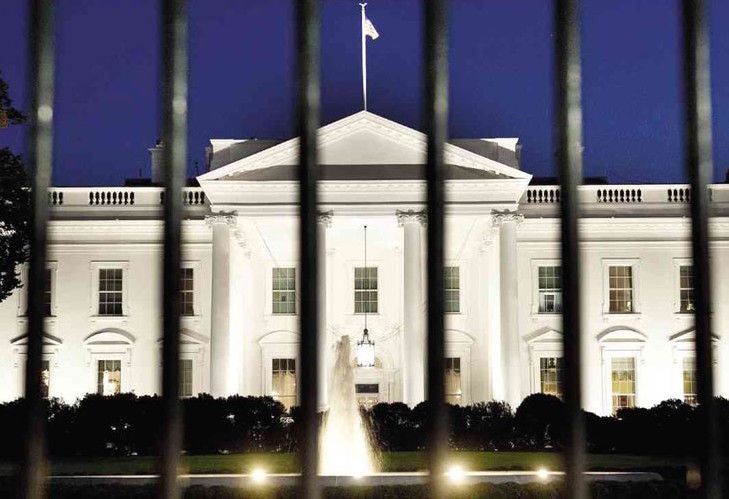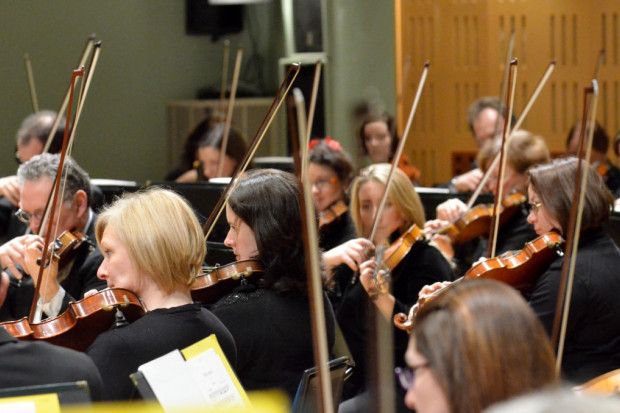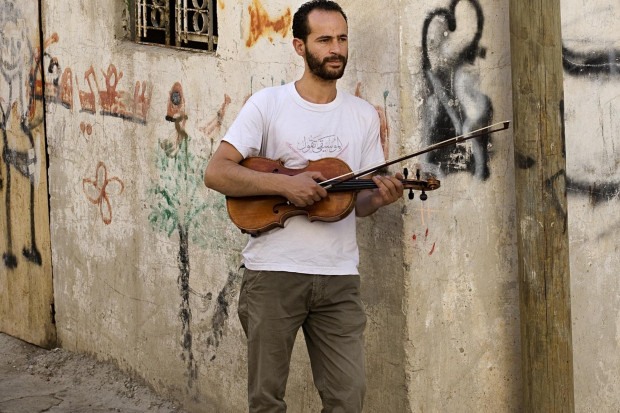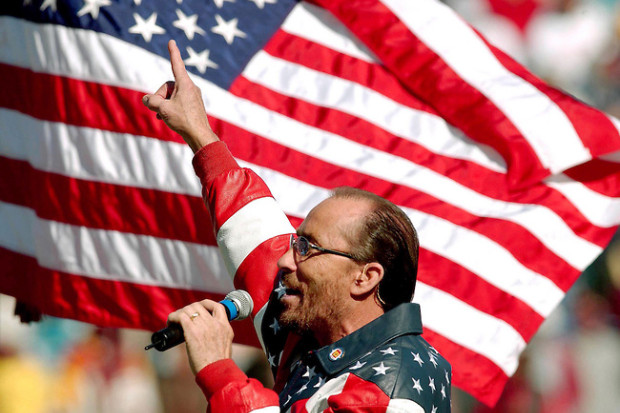
From the Editor: Irish Musicians, Do Not Normalise This Hatred
The Friday before the presidential election, I attended a Music for Galway concert by the JACK Quartet from New York. The final piece in the concert, Early That Summer, was written by the American composer Julia Wolfe. About that work she has written:
While living in Amsterdam [in 1992] I began Early That Summer. I was reading a book about US political history and the author kept introducing small incidents with phrases like ‘Early that summer…’. The incidents would eventually snowball into major political crises or events. I realized that the music I was writing was exactly like this – that I was creating a constant state of anticipation and forward build…
The last line describes the final moments of the work in particular. The four members of the JACK – Chris Otto, Austin Wulliman, John Pickford Richards and Kevin McFarland – play flying notes and intervals. Their familiarity with the work means they can push it and stretch it; it is a high-wire act, almost alarming in its pace. Sizzling intervals spring from the violins; cello releases irate notes; viola is mediating in intervals. We are seized by Wolfe’s musical propulsion… there are no clues as to where it is going… and then it stops. The quartet play restrained simple intervals, light bowing, a modicum of vibrato, gradually coming to a halt. The concert ends and the audience begin to leave. I find I am still in my seat.
I felt a glow after this concert. But I think back to it now and of my unjolted self, an innocent listener, a casual concert-goer, feeling the constant state of anticipation that Wolfe referred to, the snowballing momentum, the driving forward towards a seismic event… but yet having no idea of what was really ahead.
***
Early That Summer…
… in June 2015, the new president-elect of the United States of America announced his candidacy.
From there, he sank public life – and private life, too, in the way social media residents gorged on his hate-filled videos – down to a level few of us have seen before. Hatred, cruelty, bullying and lies; victimising the vulnerable, the weak, the disabled, the already disadvantaged and stigmatised minorities; making twisted comments about women; and then more lies, lies, lies.
There are many shocking and profoundly difficult things wrong with the way we currently organise ourselves on this planet, but when we look at the lives of those who went before us, what else can we believe but that we are gradually, slowly, stumbling towards some improvement on where we have been. Last week’s election is a hand-break turn on where we were going, and it is to a much more bleak place. For those who voted for the president-elect, who felt that they had been left behind, they will be left speechless with regret, just as every country is, including Ireland, every time it imagines there is a quick fix to its problems, a big bang, easy money, a simple solution. Instead, the world will watch the suffering of a new list of vulnerable targets – starting with those young people who are now engaging in democratic protest.
The challenge facing the citizenry of the world this week is harsh and bitter. What is disturbing is that already the normalisation of this mindlessness has begun – by the media and its journalists with a fetish for drama; by worn-down, scared politicians; by social media narcissists; by our collective, now long-practised apathy; and soon musicians and composers, too, will be deployed to normalise this new regime.
***
Over the years, many great Irish musicians have played for American presidents, particularly around the time of St Patrick’s Day when Irish government officials visit the White House.
One of the first questions that was posed by the Irish media after the presidential election last week was whether or not the Taoiseach will meet the new president for St Patrick’s Day in 2017? As we say in Irish, an ólann an cat bainne? Does a cat drink milk? The normalisation of eighteen months of racism, misogyny and incitement to hatred has already begun, with political leaders first to it.
When Irish musicians get the call to play their part in this normalisation process, to perform at a St Patrick’s Day event that shores up this new, racist regime, what will they say? Will they have the courage to say no? Will they talk about ‘reaching out’? Will it be OK because they found a precedent? Will we understand that ‘jobs are at stake’? Will it be ‘too good an opportunity’ to turn down?
A line has been crossed. If musicians and composers do not now resist the momentum of this cynical normalisation process, where will it end?
Toner Quinn
Editor, The Journal of Music
Published on 12 November 2016
Toner Quinn is Editor of the Journal of Music. His new book, What Ireland Can Teach the World About Music, is available here. Toner will be giving a lecture exploring some of the ideas in the book on Saturday 11 May 2024 at 3pm at Farmleigh House in Dublin. For booking, visit https://bit.ly/3x2yCL8.















